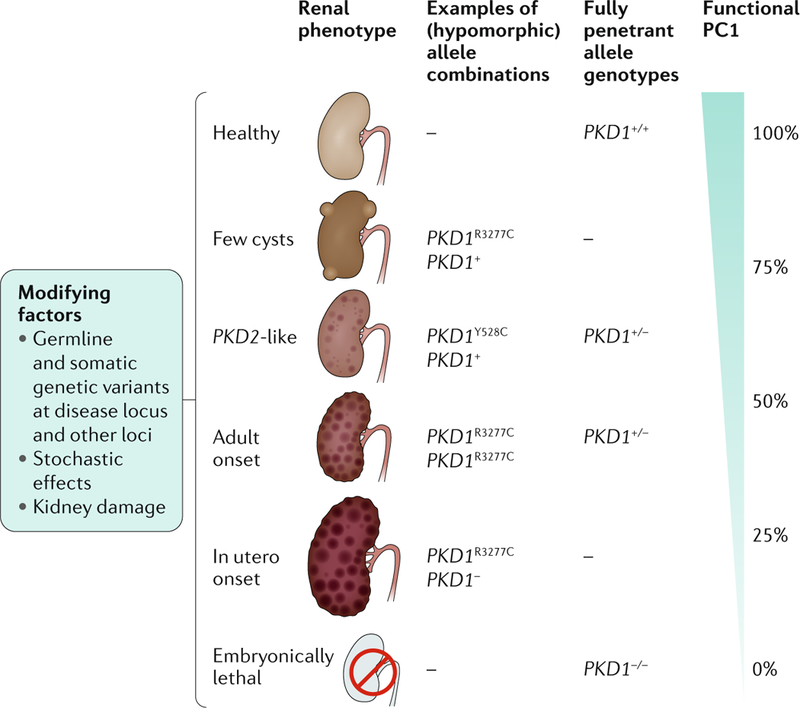Fig. 3 |. The dosage model of cystogenesis in autosomal dominant polycystic kidney disease.

The level of functional polycystin 1 (PC1; encoded by PKD1) directly influences the renal phenotype in patients with autosomal dominant polycystic kidney disease (ADPKD) — an ~50% reduction in PC1 levels (for example, from haploinsufficiency due to a single inactivating allele) is associated with adult-onset PKD, whereas the complete absence of PC1 is lethal. Furthermore, incompletely penetrant (hypomorphic) PKD1 alleles of different strengths and combinations also influence the renal phenotype. For example, the PKD1Y528C allele results in a phenotype similar to that in patients with mutations in PKD2, whereas the PKD1R3277C allele can result in a phenotype that ranges in severity from just a few cysts to adult-onset disease to early-onset disease, depending on which PKD1 allele is present in trans. Additional mutations and/or variants of the disease-causing locus and somatic and germline mutations at other loci, as well as chance and environmental factors, influence the disease course by determining the frequency of cyst development and their progression. Adapted with permission from REF.294, Elsevier.
